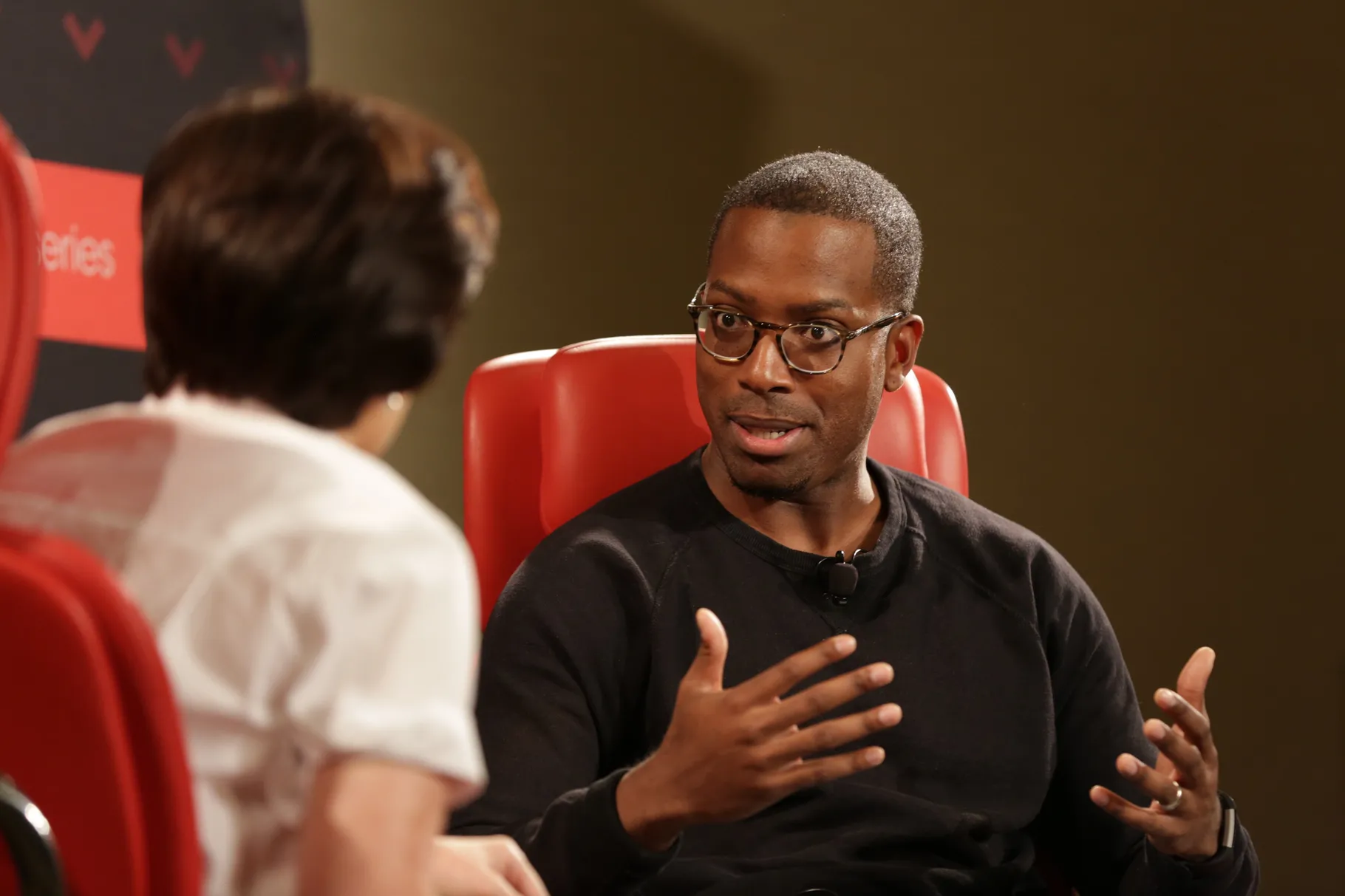
Effective altruism encourages individuals to make altruism a central part of their lives and do as much good as possible, typically by contributing a fixed percentage of one’s income to the world’s best-performing aid and development organisations. Beyond this, effective altruists are committed to the idea that scientific analysis and careful reasoning can help us identify which course of action is morally best. - Jason Gabriel
In the wake of the November 2022 collapse of the cryptocurrency exchange FTX, discourse surrounding "Effective Altruism" has been put under a microscope. If someone so publicly devoted to the philosophy can spend $40M on Travel & Entertainment over nine months in 2022, you'll have to excuse those who think he (and perhaps others) may not be so dedicated to the cause. A skeptic might even suggest the concept is being bastardized for publicity and involves no real sacrifice. After all, it's hard to believe any scientific analysis went into racking up a $55,000 unpaid tab at Margaritaville. Ignoring the philosophical questions surrounding the authenticity of altruism, perhaps the better question is whether a singular focus on charity as a means of exhibiting altruism is appropriate. In other words, is it possible for capitalist endeavors to achieve precisely what many charities set out to accomplish while serving a dual purpose of being a key driver towards upward mobility? Undoubtedly, the question is yes, but there are some caveats.
Based on the cover photo, you may have guessed that subject of our petit diatribe isn't Sam Bankman-Fried or FTX. That honor belongs to Tristan Walker, who founded Walker & Co., the manufacturer of a shaving system called Bevel. His company was acquired by Proctor & Gamble in 2018 after being founded just five years earlier when Mr. Walker served as the Entrepreneur-in-Residence at Andreessen Horowitz. Before being sold, he raised $39M from various investors after several ideas failed to garner interest. Investors recommended that Mr. Walker focus on a subject where he had personally experienced a problem. After years of dealing with uncomfortable and often embarrassing post-shave razor burn, he was fed up enough to develop the concept behind Bevel.
What follows is an inspiring study of network effects, venture capital, and how seeming misfortunes can lead to accomplishing a lifelong objective. This isn't, however, an attempt at discouraging charitable giving. Charities and government programs have helped countless people lift themselves out of poverty. They've significantly contributed to medical research and set the course for incredible scientific progress. NASA was behind the creation of the camera phone. The American Heart Association has funded over $5B of research across 47,000 projects and has supported 14 Nobel Prize winners. Unfortunately, technological progress has far outpaced socioeconomic progress for many groups. Tristan Walker is a shining example of how to overcome the statistical odds.
Growing up in Queens, NY, with a widowed mother and older brother, Mr. Walker identified his career objectives early on in life. In a recent interview at Stanford's Graduate School of Business, he returned to his alma mater and said he wanted to become "as wealthy as possible, as quickly as possible." This is a commonly shared sentiment among many that grew up without means. Unfortunately, the method many choose to achieve this goal, even later in life, is often shortsighted. He was fortunate to have his childhood guided mainly by a desire to be educated. He landed a scholarship at The Hotchkiss School in Lakeville, CT, which he attended with "Rockefellers and Fords." This fortunate turn of events led him down a path of building a network that would ultimately lead to founding Walker & Co.
After graduating from Stony Brook in 2005, Mr. Walker felt Wall Street was the best way to achieve his dream of upward mobility. He spent two years as an energy trader at Lehman Brothers, leaving just before the decline into the Great Financial Crisis. He caught his big break under unusual circumstances during his next stop at J.P. Morgan, where he was laid off in January 2008. On the very same morning, shortly after being told his services were no longer needed, he received a call from Derrick Bolton, the former Assistant Dean of MBA Admissions, who told Mr. Walker he was admitted into Stanford's Business School. This was another fortunate turn of events. He successfully pivoted into Silicon Valley, first as an intern at a small startup called Twitter, then as the Head of Business Development at Foursquare. It was at Foursquare where he met a member of the board, Ben Horowitz, who had just founded a venture capital firm with his partner Marc Andreessen. Mr. Walker took the opportunity to take on his next role - as an Entrepreneur-in-Residence at Andreessen Horowitz - eventually building his eponymous company.
That's a lot to unpack, but it boils down to two main themes - education and networking. First, put yourself in a situation where you're surrounded by other high-ambition individuals and learn marketable skills in the classroom and amongst your peers. Second, leverage those skills to build a broader network to achieve career and lifestyle objectives. Become a marketable asset where others are eager to invest time, energy, and capital into your endeavors. This is the "Capitalism" in "Effective Capitalism." Offer others the ability to earn some return on their investment in you.

Venture capital is highly reliant on networks, but unfortunately this means many groups are on the outside looking in when it comes to fundraising. Black founders raised just 1% of capital in 2022, and the numbers weren't much better for women, who received less than 3%. These are the caveats we mentioned earlier, and they're significant. Here's how the phenomenon was described in August 2015 by an unnamed male investor:
Ultimately, venture capital at the early stages is a people thing, I’m betting on you. People are just more comfortable betting on somebody that is more like them, looks like them, talks like them, went to the same schools, eats the same food, goes to the same restaurant, drinks the same wine, goes to the same country club, all these little things.
Now of course the irony is that most founders are similarly betting on an investor to contribute more than just capital into the equation, throwing this investor's theory into paradox territory, but the point he makes clearly offers some insight into the mind of at least one early stage investor. It's hard not to wonder how many unfunded businesses could have amounted to something if not for the demographics of the founder(s).
Mr. Walker addressed the issue of fundraising in his recent Stanford interview, and expressed stamina as one of the key traits that led to his success. Clearly, it was the many rejections that helped him fine tune his pitch, even if it put him at odds with his own vision. "I had to adapt and shift my pitch in a way that didn't make sense for the long term outcome for the business, but put me in a position to just raise that money." A founder sometimes finds themselves somewhere between empathy, stubbornness, and placation. In any case, it was this refined storytelling, along with his first person view of the problem he was solving, that created an opportunity to build towards his vision nonetheless.
There's nothing that [an investor] could tell me because I felt like I was the best person in the world to solve that thing. I lived the problem. I don't need to convince you. - Tristan Walker
Whether you're a founder, investor, or yes, even a banker, the objective should be to attain certain outcomes and take little pride in the steps it took to arrive at the desired objective. This doesn't mean you shouldn't have a plan, but it does mean that your plan won't always intersect with another's. All too often, the methods to achieve certain targets or goals are discussed, but rarely are the variety of paths that lead to the finish line identical. In Tristan Walker's case, he describes himself as being extremely fortunate, but he achieved his goal of becoming wealthy by being a marketable asset from the point where he earned his scholarship to The Hotchkiss School. The outcomes have extended beyond those that have impacted his own personal wealth. He's created jobs and addressed razor burn, an issue that effects 80% of black men and women, along with 30% of all other Americans. He did this despite growing up in a poor, single parent household.
The trials you go through and the blessings you receive are the exact same thing. - Tristan Walker
If socioeconomic inequality is a concern, the impulse from many is to tinker with the tax code to make sure incentives are properly aligned. The reality is, the government, despite its best efforts over the course of decades, has far less say in these outcomes than a willing free market. Capital can begin flowing into underrepresented founders, but there needs to be participation across the ecosystem, from LPs, to GPs, to founders themselves.
